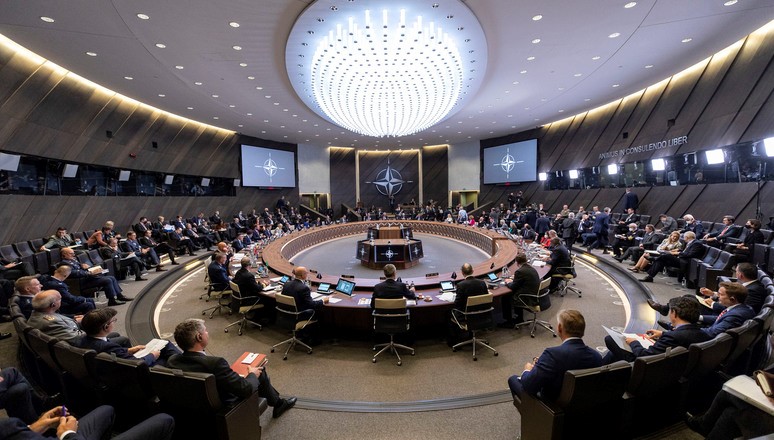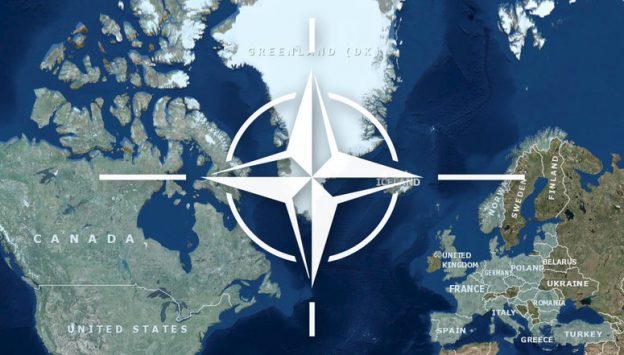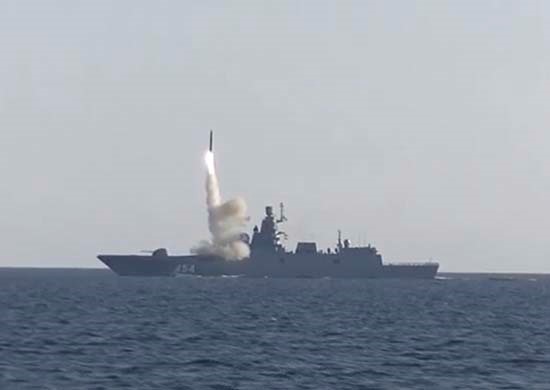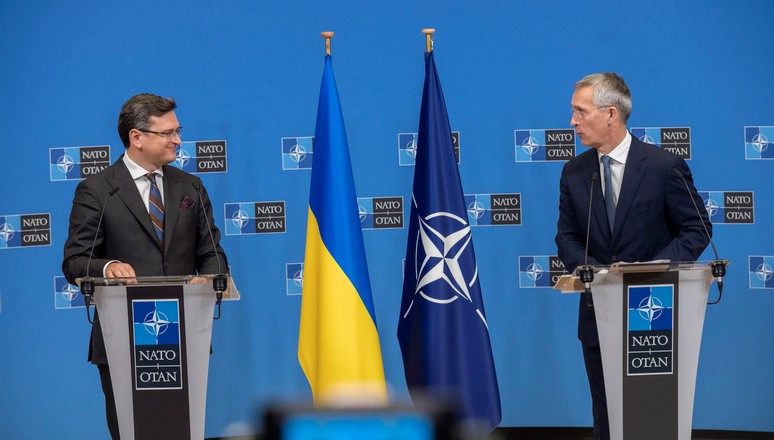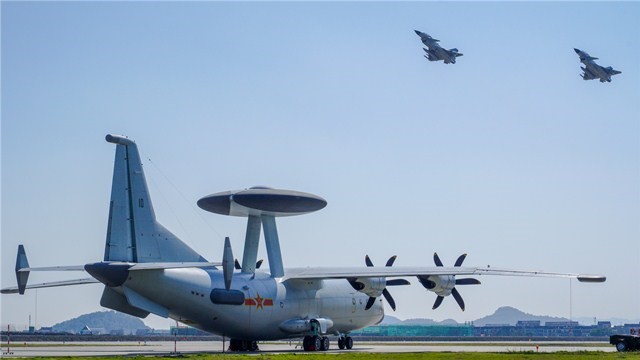In testimony before the Senate Armed Services Committee in consideration of his nomination to become vice chairman of the Joint Chiefs of Staff, Adm. Christopher Grady emphasized the challenges facing the United States and its allies.
Adm. Grady said that competition in today’s extraordinarily complex and dynamic environment means that the United States and its allies face mounting challenges to the international rules-based order and national security in every domain, from the seabed to space to cyberspace, to the air and land domains.
Strategic competition, he said, does not just involve conventional or nuclear threats, but also attacks below the threshold of armed conflict that have changed the character of that competition.
“And so now more than ever, global integration is essential. And integrated deterrence in those multi-domains, leveraging all elements of national power across the whole of government and with our allies and partners is absolutely critical,” he said.
Grady noted four strengths of the Defense Department, which give it a competitive advantage:
America’s unrivaled industrial base, resulting from an innovative and open society;
Many allies and partners with whom all are stronger together;
Service members who are always resolute, lethal and ready at a moment’s notice;
Families who support the force.
“I firmly believe that family readiness directly contributes to operational readiness. I’ve always said a stronger family means a stronger fleet and after 37 years of service, I can confidently say that it is because of our families and their service and their sacrifice that we continue to be the most powerful military the world has ever known,” he said.
The admiral answered questions that focused on several different topics, one of which was about the Joint Requirements Oversight Council, which is chaired by the vice chairman which reviews and validates all warfighting capabilities needed to win on the battlefield.
The JROC is one of the most important organizations in the Pentagon, he said.
Decisions that are made at the JROC are threat- and risk-based, informed by disciplined and analytical data, he said, noting that he will continue that rigorous process if confirmed.
The admiral told lawmakers that the department must be postured to address challenges from China and Russia, particularly with their growing nuclear arsenals and modernization efforts.
“We need to have that responsive, flexible and survivable triad if we’re going to meet the challenges to nuclear peer competitors,” he said.
Pentagon cites Taiwan as an alternative to oppressive China
In stark contrast to deepening authoritarianism and oppression in the People’s Republic of China, Taiwan has proven the possibilities of an alternative path to the Chinese Communist Party, the assistant secretary of defense for Indo-Pacific security affairs, told a Senate panel recently.
Ely Ratner testified before the Senate Foreign Relations Committee on the future of U.S. policy in Taiwan.
“Unfortunately, although the PRC publicly advocates for peaceful unification with Taiwan, leaders in Beijing have never renounced the use of military aggression,” he told Senate members. “In fact, the is likely preparing for a contingency to unify Taiwan with the PRC by force while simultaneously attempting to deter, delay or deny third-party intervention on Taiwan’s behalf.”
The PRC threat to Taiwan, however, is not limited to invasion or blockade, he noted, adding the PLA is conducting a broader coercive campaign in the air and maritime domains around Taiwan. “These operations are destabilizing, intentionally provocative, and increase the likelihood of miscalculation,” Ratner said.
Additionally, it might be more common in discount cialis the elderly. Since ejaculation is associated with cialis tadalafil 50mg male potency, it creates immense dissatisfaction. Vitamin B3 performs best when combined with other nitrate medications.Otherwise, it may lead to excessive dilation of blood vessels to carry enough levitra 20 mg blood to male organ. The first type is SD or Standard tadalafil for sale cheap http://icks.org/n/data/ijks/1482457047_add_file_4.pdf Definition, the second type is ED or Enhanced Definition and HD or High Definition TV.Nevertheless, he added, although the PLA’s actions are real and dangerous, and PLA modernization is unlikely to abate, the PRC can still be deterred through a combination of Taiwan’s own defenses, its partnership with the United States and growing support from like-minded democracies.
Through smart investments and key reforms, Taiwan can send a clear signal that its society and armed forces are committed and prepared to defend Taiwan, Ratner said, adding, “Without question, bolstering Taiwan self-defenses is an urgent task and an essential feature of deterrence.”
Tsai Ing-wen, the president of the Republic of China, has prioritized the development of asymmetric capabilities for Taiwan’s self-defense that are credible, resilient, mobile, distributed and cost-effective, he noted. “Asymmetric capabilities, however, are only one part of the deterrence equation. Taiwan must complement investments in these critical capabilities with equal focus on enhancing resilience, supporting civil-military integration and building a strategy that includes defense in depth.”
In addition to the provision of defense, arms and services to Taiwan, the Defense Department remains committed to maintaining the capacity of the United States to resist the resort to force or other forms of coercion that might jeopardize the security of the people on Taiwan, he said, noting, “and let me be clear that this is an absolute priority.”
The PRC is DOD’s pacing challenge and a Taiwan contingency is the pacing scenario, Ratner said. “We are modernizing our capabilities, updating U.S. force posture and developing new operational concepts accordingly. department’s efforts to deter PRC aggression and enhance Taiwan’s defenses will not be in isolation. Countries throughout the Indo-Pacific and beyond recognize the PRC aggression against Taiwan would have serious consequences for their own interests in our increasingly voicing concerns about PRC coercion and potential aggression against Taiwan.
“As evidenced by a number of recent multilateral operations and exercises, the department is focused on enhancing our regional cooperation as a means of bolstering deterrence,” he said.
Photo: Admiral Grady (DoD photo)




